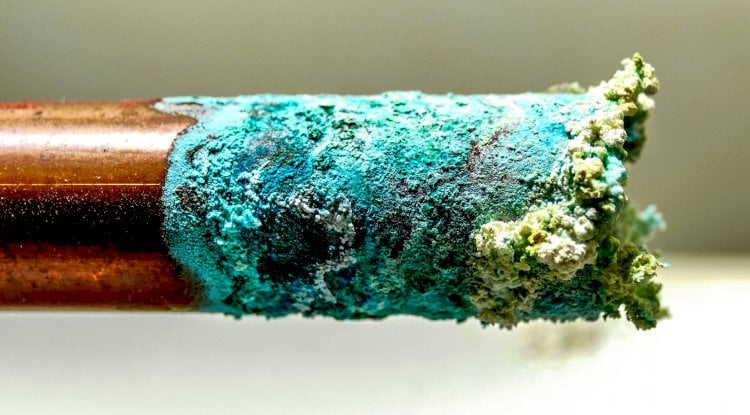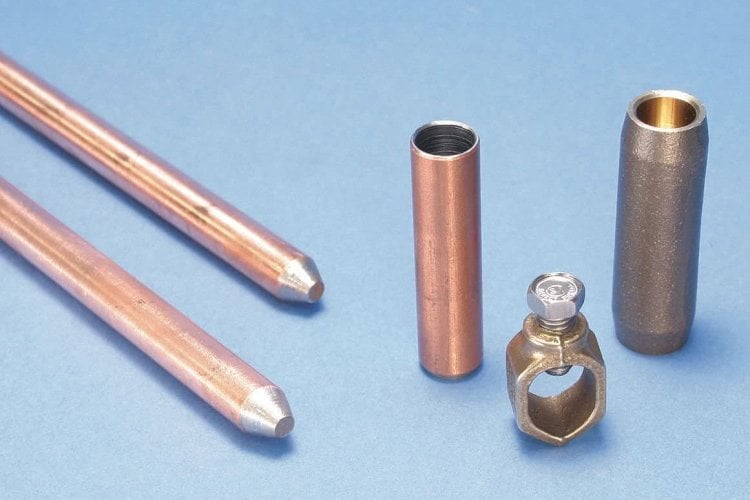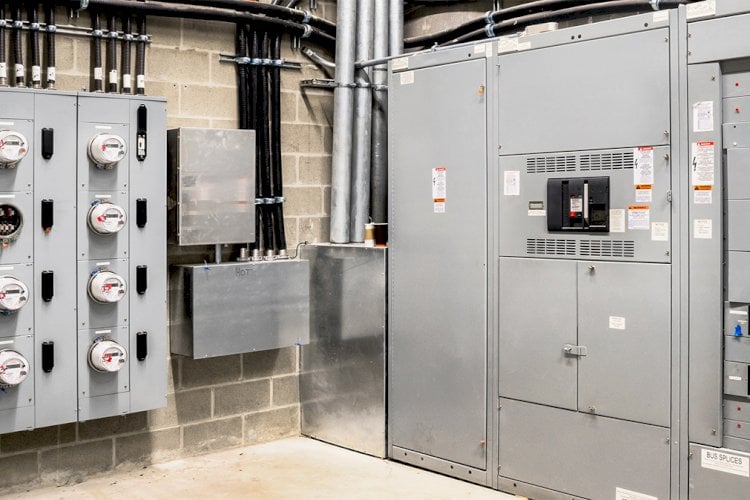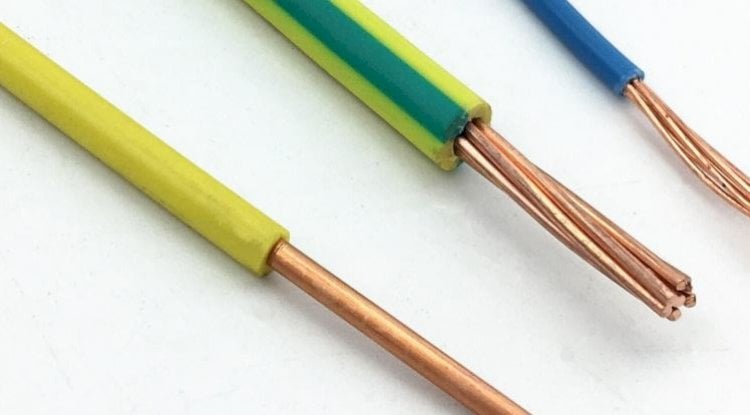Reid asked:
We have a new house that we chose to plumb with copper. Can I stop copper pipe corrosion with electrical grounding?
Our Answer:
First of all, it is illegal and very dangerous to have a separate grounding system for your water pipe (or any other system) in your home. Please see National Electrical Code (NEC) Articles 250.52(A)(1), 250.53(D), 250.68(C), and 250.104(A).
While we are not corrosion experts, grounding is a key component in reducing corrosion caused by galvanic action. Voltages can only form where there is a resistance, so we bond to eliminate the difference in potential between the copper pipe and other conductive objects.
We do not want stray currents on our copper pipe. The NEC calls this objectionable current (NEC 250.6) and we want this fully eliminated.
Have your electrician use a clamp-on amperage meter to measure the current on the water pipe grounding electrode conductor (GEC), and onto the copper pipe itself (if the clamp will go around the pipe).
Also, have the electrician temporarily remove the water pipe GEC, and measure the resistance between the GEC and the water pipe. It should measure very high resistance between the two. Then have the electrician reinstall the mandatory bond.
If the results are that you have a very low current (only a few milliamps) and the resistance when the wire is removed is high, then your copper water pipe is bonded correctly, and electricity is not the cause of the blue stains (corrosion).
On the other hand, if you do have excessive currents, your electrician will need to trace the pipes to see how the currents are getting on the piping. Remember, there could be currents in the water itself, which will present an interesting dilemma. You will need to figure this out by measuring currents at the pump.
If the current is low, and the resistance is low between the GEC and the water pipe, this could simply mean that the pipe has been bonded to structural steel or some other conductive body, which could be perfectly ok. However, there cannot be any other grounding conductors tied to the copper piping.
“Low alkalinity will corrode the pipes out and the stains can be blueish green in color depending on the stages of corrosion and what gets left behind. You are seeing cuprous oxide staining similar to what happens to a penny that gets battery acid on it”.
The Engineering Experts at E&S Grounding Solutions
Photo credit: Pexels.com







